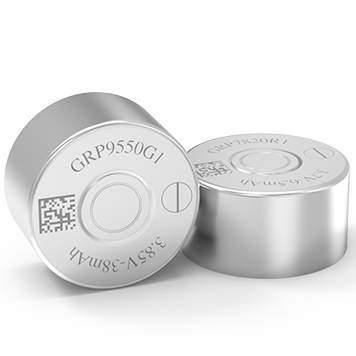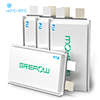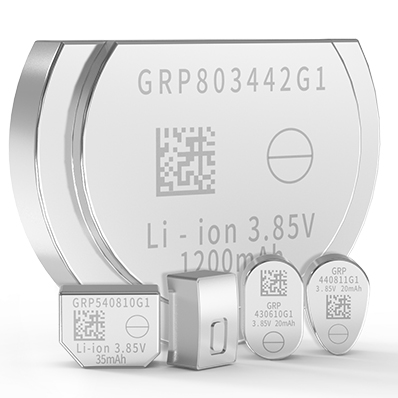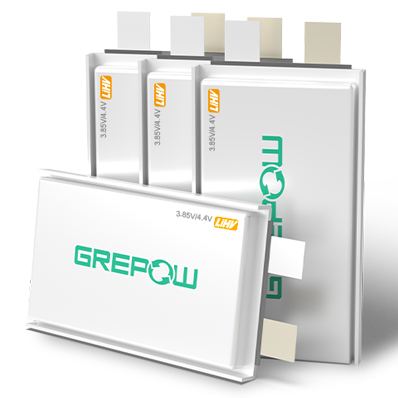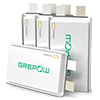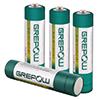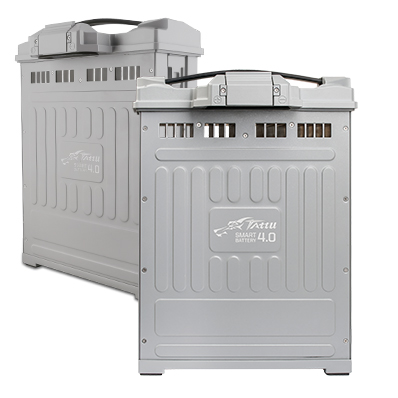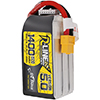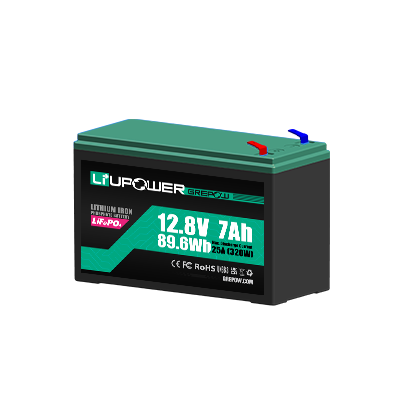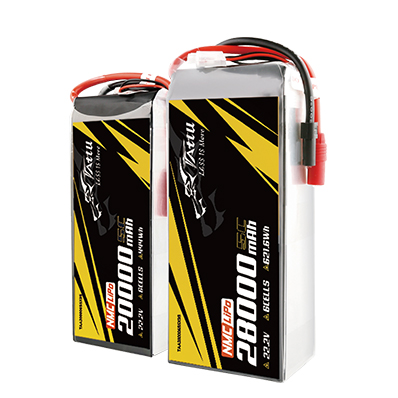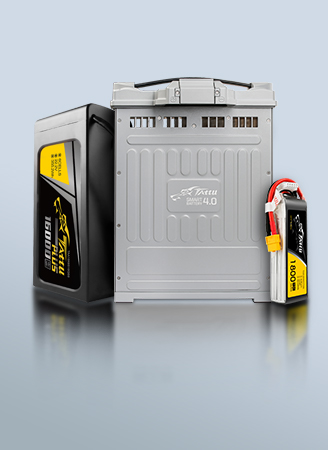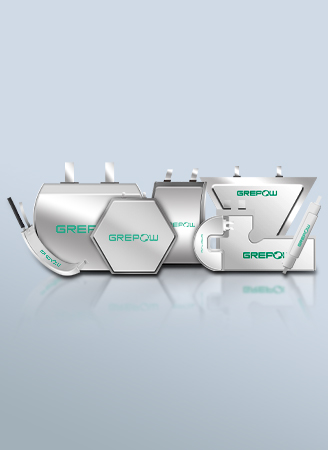Factors that may cause premature lithium-polymer battery failures | Battery Monday
Factors that may cause premature lithium-polymer battery failures | Battery Monday
This video will introduce you to the factors that cause lithium-polymer batteries to fail and how to prevent them from failure. Some approaches that can maximize lipo batteries' life will also be included.
Cycle life
Generally speaking, the standard service life of a lithium polymer battery is 3 years, and the number of cycles range from 300-500. The cycle life of a battery does not mean that the battery will be completely unusable at the end of that number but that the discharge efficiency and capacity of the battery will be reduced accordingly. The range for the number of cycles usually refers to the battery’s capacity retention of 80%. Improper usage may result in a reduced cycle life, thus resulting in a premature battery failure.
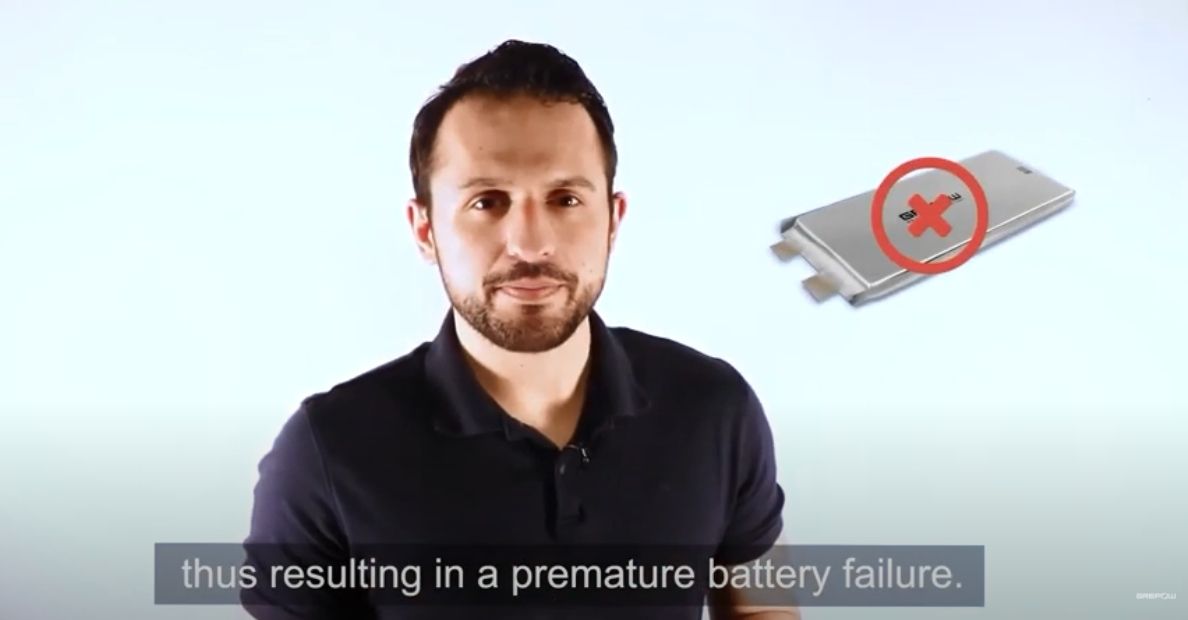
Self-discharge
Lithium batteries will naturally undergo self-discharge from the moment they’re produced regardless of whether they are being stored, transported, or connected to a device. Thus, it’s very important to ensure that the battery is checked and cycled every three months to prevent any deep discharges. Once a battery has been discharged beyond its standard voltage platform, it’ll be impossible to recover without damaging the internals, resulting in premature battery failure from over discharging.
Overcharging
Another factor of premature failure is overcharging. Overcharging may cause a battery to swell or even catch on fire. A typical lithium battery has a fully charged voltage of 4.2V unless it’s a specially formulated Lithium High-Voltage battery that is otherwise known as LiHv. Fun fact: Grepow's High Voltage batteries can produce batteries that charge up to 4.45V without causing damage to the battery’s cycle life.

The BMS, which we’ve gone into detail in other videos, is a great way to prevent overcharging and overdischarging thus preventing possible premature battery failure.
Inappropriate temperature
Utilizing a battery at inappropriate temperatures is another factor that could cause premature battery failure. Under low temperatures, the chemical reactions within the battery become sluggish, which results in plating. Under high temperatures, the electrolytes will have difficulty maintaining their liquid form causing evaporation and ultimately making the battery short circuit.
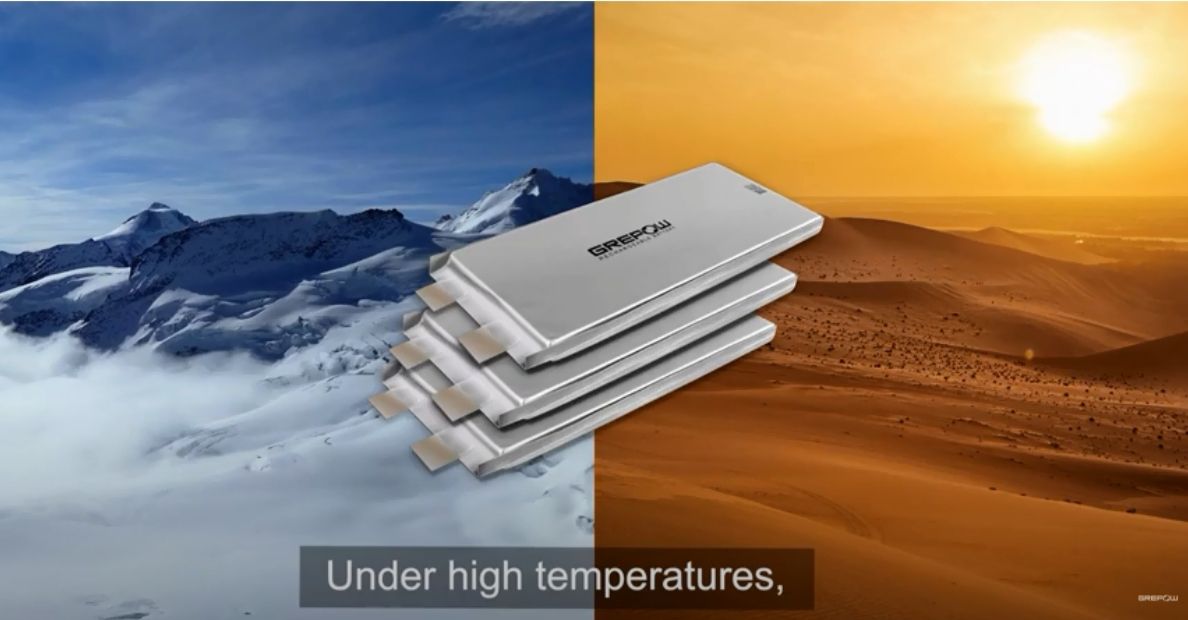
Violent damage
As always, drops and punctures to a battery can undoubtedly damage it. Avoiding the undesirable factors mentioned here will allow you to fully maximize the potential and lifespan of a Lithium Polymer battery.
Video
Link: https://www.youtube.com/watch?v=MU97eXqVsMo
Learn More About Grepow
This is all that we’re covering today. If you have any questions about today’s topic or have any battery-related things you want to know, please feel free to contact us by email at info@grepow.com. We may answer your question in the next Battery Monday!
Please feel free to comment to let us know what we could improve and what you will be willing to learn. We will read the comment and provide a high-quality battery knowledge tutorial.
Grepow official website: https://www.grepow.com/
We would keep updating the Battery Monday every Monday!
Related Articles
-

FAI World Drone Soccer Championships 2025 Conclude in Shanghai
2025-11-19 -

Grepow at Future Battery Forum 2025: Showcasing the Lithium Battery Innovation
2025-11-18 -

Powering Aerial Artistry: Grepow Battery Solutions Behind Drone Light Shows
2025-10-27
Related products
-

-30℃ 5C Low-Temperature High Discharge Battery
-
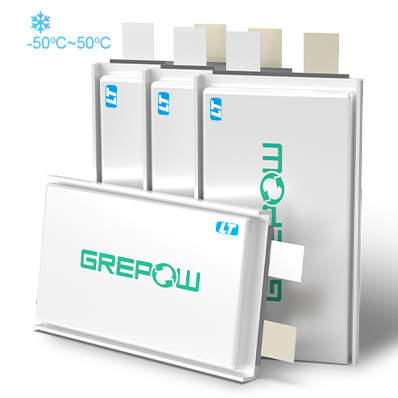
-50℃ to 50℃ Low Temperature Lipo Battery
-

50C High Discharge Battery - High C Rate LiPo




